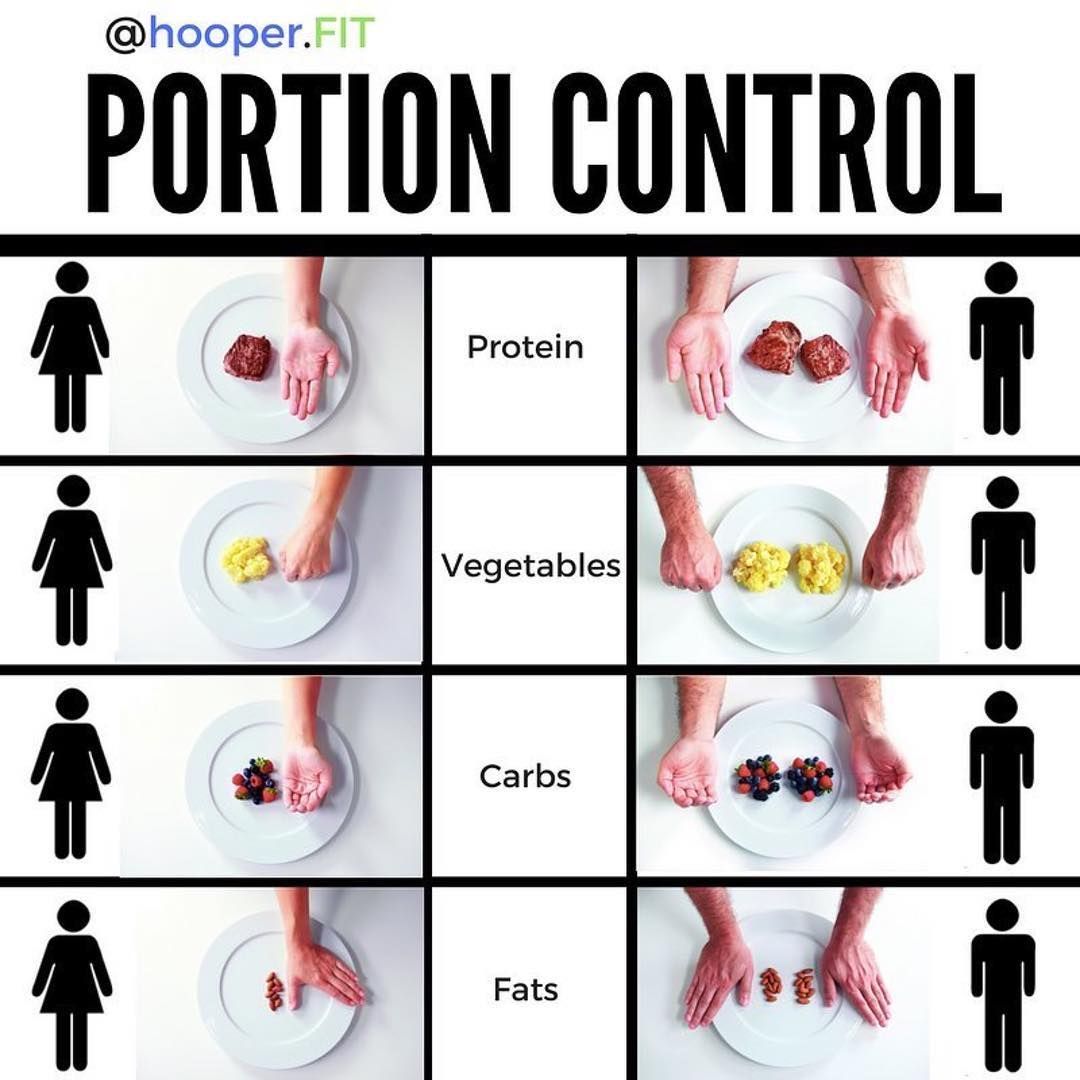Portion control is a key factor in maintaining a healthy weight. It refers to the practice of eating specific amounts of food to achieve a balanced diet and prevent overeating. In today’s society, where larger portion sizes and tempting food options are readily available, portion control has become more important than ever. This article explores the significance of portion control and how it can contribute to a healthy lifestyle.
The Importance of Portion Control
Portion control plays a crucial role in managing calorie intake. When we consume more calories than our body needs, the excess energy is stored as fat, leading to weight gain. By controlling portion sizes, we can ensure that we are eating an appropriate amount of food to meet our calorie requirements. It allows us to strike a balance between enjoying our favorite foods and maintaining a healthy weight.
Benefits of Portion Control
There are several benefits to practicing portion control:
Weight Management: When we consume the right amount of food, it becomes easier to maintain a healthy weight. Portion control prevents overeating and helps in achieving a calorie deficit if weight loss is desired.
Improved Digestion: Eating smaller portions allows our digestive system to process food more efficiently, reducing the risk of indigestion or discomfort.
Balanced Nutrient Intake: By controlling portion sizes, we can ensure that we are getting a variety of nutrients from different food groups, leading to a more balanced and nourishing diet.
Increased Awareness: Portion control encourages mindful eating and raises awareness of the quantity and quality of the food we consume. It helps us distinguish between physical hunger and emotional cravings, promoting healthier food choices.
Prevents Overeating: Larger portion sizes can often lead to overeating as we tend to consume everything on our plate. Practicing portion control helps prevent this unhealthy behavior and encourages us to listen to our body’s hunger cues.
Tips for Practicing Portion Control
Here are some practical tips to implement portion control in your daily life:
Use Smaller Plates: Opt for smaller plates and bowls to create an illusion of a fuller plate, tricking your mind into feeling satisfied with smaller portions.
Measure Your Food: Invest in a food scale or measuring cups to accurately measure your portion sizes, especially for calorie-dense foods like nuts or oils.
Be Mindful of Serving Sizes: Familiarize yourself with recommended serving sizes for different food groups. This will help you understand the appropriate amount to consume.
Start with Vegetables: Fill half of your plate with vegetables or salad before adding other food items. This ensures that you are getting an ample amount of fiber and nutrients while keeping the overall calorie count in check.
Avoid Eating Straight from Packaging: Portion out snacks and other food items into smaller bowls or plates instead of eating directly from the package. This helps in better portion control and prevents mindless eating.
Eat Slowly and Mindfully: Take your time to chew and savor each bite. Eating slowly allows your body to register feelings of fullness, preventing you from overeating.
The Role of Portion Control in Weight Loss
Portion control is particularly important for individuals who are trying to lose weight. By creating a calorie deficit through controlled portion sizes, weight loss becomes more achievable. Combined with regular exercise, portion control can help individuals reach their weight loss goals in a sustainable and healthy manner.
Conclusion
Portion control is a valuable tool in maintaining a healthy weight and promoting overall well-being. By being mindful of what and how much we eat, we can achieve a balanced diet, prevent excessive calorie intake, and avoid the pitfalls of overeating. Incorporating portion control into our daily lives is a simple yet effective strategy that can contribute to long-term weight management and a healthier lifestyle.
